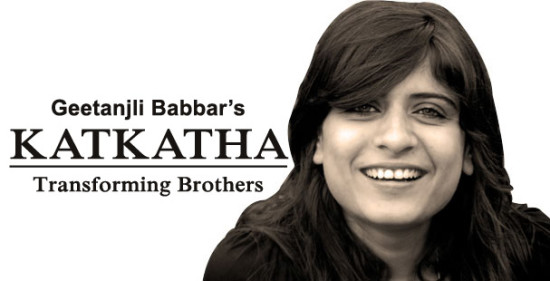Education is the most powerful weapon which you can use to change the world. – Nelson Mandela.
Higher education in India, despite all its vaunted excellence, is quite a way from its counterparts in developed countries in Europe and the Americas. Indeed, the problems of education in India are many and varied, and a detailed list and discussion of them could fill a book. However, for those who are interested in an overview of this dismal situation instead of an in depth reading, this piece will try and shed some light on it.

The problem begins with the end of high school – and even junior college – when students take uninformed decisions about their future based on herd mentality and the instruction of their parents, due to the lack of career guidance facilities in the average schools. Simply put, a lot of people end up doing a certain course or degree just because their parents told them, or their friends and peers are doing it. This trend has been obvious with most people moving towards the sciences, and ultimately to engineering and medicine, instead of following their own path. Many a creative student has been lost on paths which were not their own, following dreams which were never theirs.
Further, even those lucky folk who do manage to get into their steam and university of choice must face the problems of bureaucracy (which makes the mere submission of papers and documents a chore), to the trouble of learning either from incompetent teachers, or from the kind of people who may know the subject matter at hand, but are unable to teach it properly to their students, leading to an unfulfilling lecture, both for themselves and the students.
But this is just the tip of the iceberg. After all, there are good teachers to balance out the bad, those who are exceptionally versed with their subject and can teach as well. However, now we come to the situation of learning the subject itself.
For years, it has been the complaint of students that they are merely being taught the theory in their lectures, not the real world application of those concepts, or how the industry works, which should be the most important part, as they will be looking to work in it on graduation. To top it off, rote learning to pass the exams with good marks is often encouraged in most institutions to the detriment of actual learning and understanding of concepts and the core of the subject.
A well-rounded education goes beyond the confines of a classroom or the borders of a book. They are supposed to support education, and not take the place of education itself, the latter of which has to be holistic, providing a detailed understanding of the subject and its applications in the real world. After all, rote learning is much like ingesting data and them vomiting it out in the exam paper without gaining a true appreciation and understanding of its nuances and usage, and this process does not add to the student’s development at all.
These are just some of the troubles which higher education in India faces, beyond the corruption, buying of seats, et al., and if it has to raise its profile in the world, then all round change is necessary.

























